What do you wear to a traditional Nigerian wedding?
Traditional Nigerian weddings are colorful and vibrant celebrations that showcase the rich cultural heritage of the country. The attire worn to these weddings varies depending on the ethnic group and region. However, a common traditional outfit for women is the "iro and buba," which consists of a wrapper (iro) tied around the waist and a loose-fitting blouse (buba) worn on top. This ensemble is often made from colorful and patterned fabrics such as Ankara or Aso-oke. Women may also accessorize with gele (headgear) and traditional jewelry. Men typically wear a flowing gown called "agbada" or a tailored shirt and trousers, often made from matching fabric. They may also wear a cap or a traditional hat known as "fila." It is important to note that specific dress codes may vary depending on the region, ethnic group, and personal preferences of the individuals involved.
1、 Traditional Nigerian attire for men
What do you wear to a traditional Nigerian wedding? Traditional Nigerian attire for men typically consists of a flowing gown called a "agbada" or a "buba" paired with trousers and a matching cap called a "fila". These garments are often made from vibrant and colorful fabrics such as Ankara or Aso-oke, which reflect the rich cultural heritage of Nigeria.
In recent years, there has been a resurgence of interest in traditional Nigerian fashion, with designers incorporating modern elements into the traditional attire. This has led to the emergence of more contemporary styles and designs, allowing men to express their personal style while still adhering to the cultural norms of a traditional Nigerian wedding.
For example, some men may choose to wear a tailored suit made from traditional Nigerian fabric, combining Western and Nigerian fashion influences. Others may opt for a more casual yet stylish look by pairing a traditional top with jeans or trousers. Additionally, accessories such as beaded necklaces, bracelets, and embroidered caps can be added to enhance the overall outfit.
It is important to note that the specific attire worn to a traditional Nigerian wedding can vary depending on the ethnic group and region. Each group has its own unique traditional clothing styles and customs. Therefore, it is advisable to research and consult with the wedding hosts or elders to ensure that the appropriate attire is chosen.
Overall, the attire for men at a traditional Nigerian wedding is a blend of cultural heritage and contemporary fashion, allowing individuals to showcase their personal style while honoring their Nigerian roots.
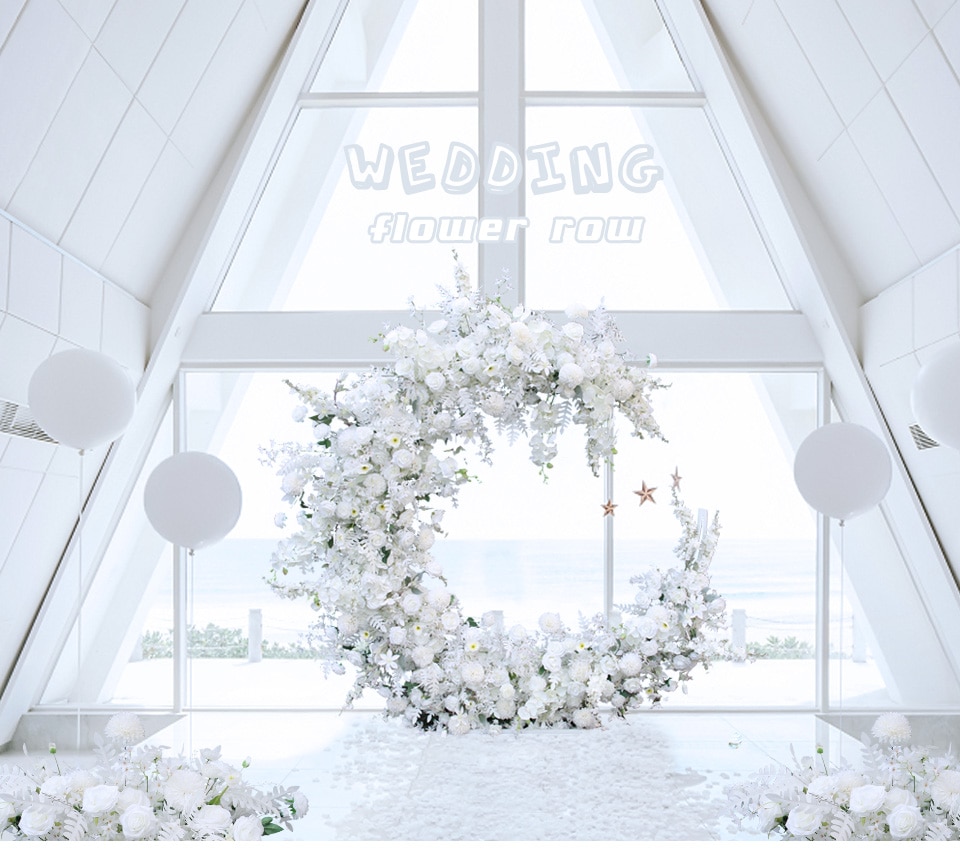
2、 Traditional Nigerian attire for women
What do you wear to a traditional Nigerian wedding? Traditional Nigerian attire for women is a vibrant and diverse reflection of the country's rich cultural heritage. When attending a traditional Nigerian wedding, it is customary to dress in traditional attire to honor the occasion and show respect for the culture.
One popular option for women is the "iro and buba" ensemble. This consists of a wrapper (iro) tied around the waist and a blouse (buba) worn on top. The fabrics used for these outfits are often colorful and intricately patterned, such as Ankara or Aso-oke. These fabrics are known for their bold and eye-catching designs, which add a touch of elegance to the overall look.
Another traditional attire option is the "gele" headwrap. Gele is a large, intricately tied headwrap that complements the outfit and adds a regal touch. It is often made from the same fabric as the iro and buba, creating a coordinated and cohesive look.
In recent years, there has been a fusion of traditional and modern styles in Nigerian fashion. Many women now opt for contemporary interpretations of traditional attire, incorporating Western influences and trends. This includes using modern fabrics, such as lace or chiffon, and adding embellishments like sequins or beads to create a more glamorous look.
It is important to note that different Nigerian ethnic groups have their own unique traditional attire. For example, the Yoruba people often wear the aso-oke fabric, while the Igbo people may wear the George fabric. Therefore, the specific attire worn to a traditional Nigerian wedding may vary depending on the ethnic group involved.
Overall, when attending a traditional Nigerian wedding, women should aim to wear attire that is respectful, vibrant, and reflects the cultural heritage of the country. Whether opting for a traditional iro and buba or a modern interpretation, the key is to embrace the beauty and diversity of Nigerian fashion.

3、 Gele (headgear) styles for women
What do you wear to a traditional Nigerian wedding? Gele (headgear) styles for women are a popular choice. Gele is a traditional Nigerian headwrap that adds elegance and cultural flair to any outfit. It is an essential accessory for women attending traditional Nigerian weddings.
Gele styles have evolved over the years, incorporating modern trends and fashion influences. Today, women have a wide range of options when it comes to choosing the perfect gele style for a wedding. From simple and understated to bold and elaborate, there is a gele style to suit every taste and preference.
The latest trends in gele styles for women include vibrant colors, intricate patterns, and embellishments. Many women opt for gele styles that match or complement their outfit, creating a cohesive and visually appealing look. Some popular choices include the double gele, which involves wrapping two gele fabrics together for a more voluminous and dramatic effect. Another trendy option is the infinity gele, which features a continuous loop of fabric wrapped around the head, creating a unique and eye-catching style.
In addition to the gele, women attending a traditional Nigerian wedding often wear traditional attire such as the iro and buba (wrapper and blouse) or the aso-oke (a hand-woven fabric). These outfits are usually made from vibrant and colorful fabrics, reflecting the rich cultural heritage of Nigeria.
Overall, when attending a traditional Nigerian wedding, women can make a fashion statement by wearing a stylish gele that complements their outfit. The latest gele styles offer a blend of tradition and modernity, allowing women to express their individuality while embracing their cultural roots.
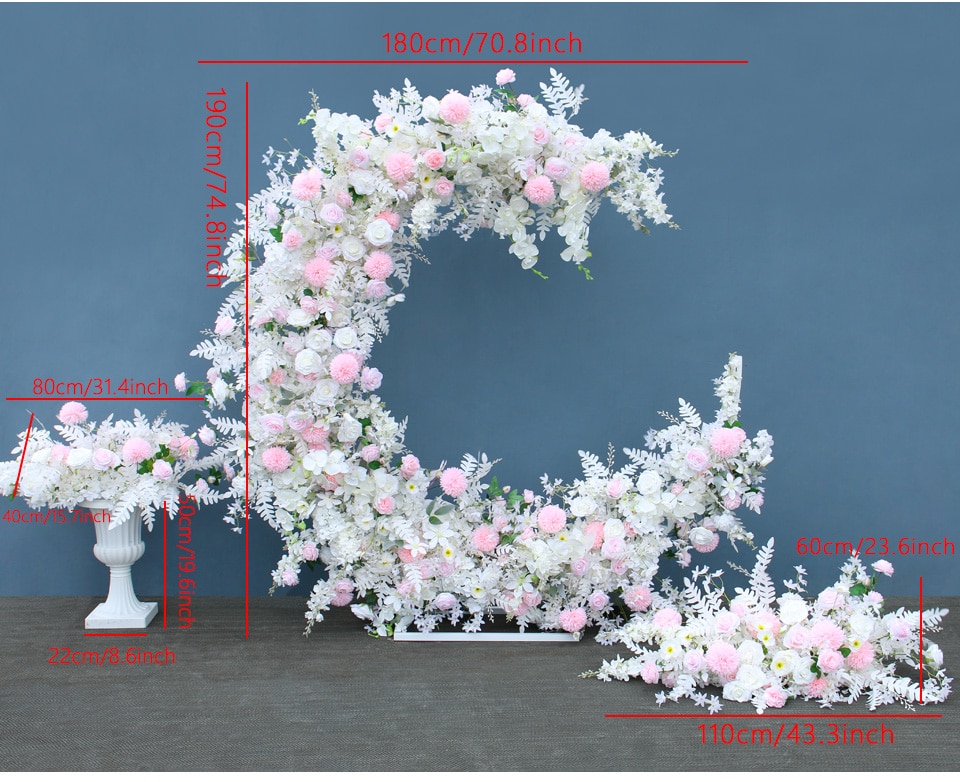
4、 Asoebi (matching outfits) tradition
To a traditional Nigerian wedding, it is customary to wear Asoebi, which refers to matching outfits worn by family members, friends, and guests. Asoebi is an important aspect of Nigerian culture and adds a sense of unity and celebration to the wedding ceremony.
The Asoebi tradition involves selecting a specific fabric or color scheme for the wedding, which is then made into outfits for the attendees. The fabric is usually chosen by the couple or their families and is distributed to guests prior to the wedding. Guests are expected to have their outfits made from the chosen fabric, creating a cohesive and vibrant look throughout the event.
In recent years, the Asoebi tradition has evolved to include more modern and fashionable styles. While traditional Nigerian attire such as the Buba and Wrapper or the Agbada are still popular choices, many guests now opt for more contemporary designs. This includes outfits made from the Asoebi fabric but tailored in trendy styles such as off-shoulder dresses, jumpsuits, or even suits for men.
Additionally, accessories play a significant role in completing the Asoebi look. Women often adorn themselves with gele (headgear), statement jewelry, and stylish shoes, while men complement their outfits with matching caps, shoes, and sometimes walking sticks.
Overall, the Asoebi tradition at a traditional Nigerian wedding showcases the rich cultural heritage of the country while embracing modern fashion trends. It fosters a sense of togetherness and creates a visually stunning atmosphere, making the wedding a memorable and joyous occasion for all.
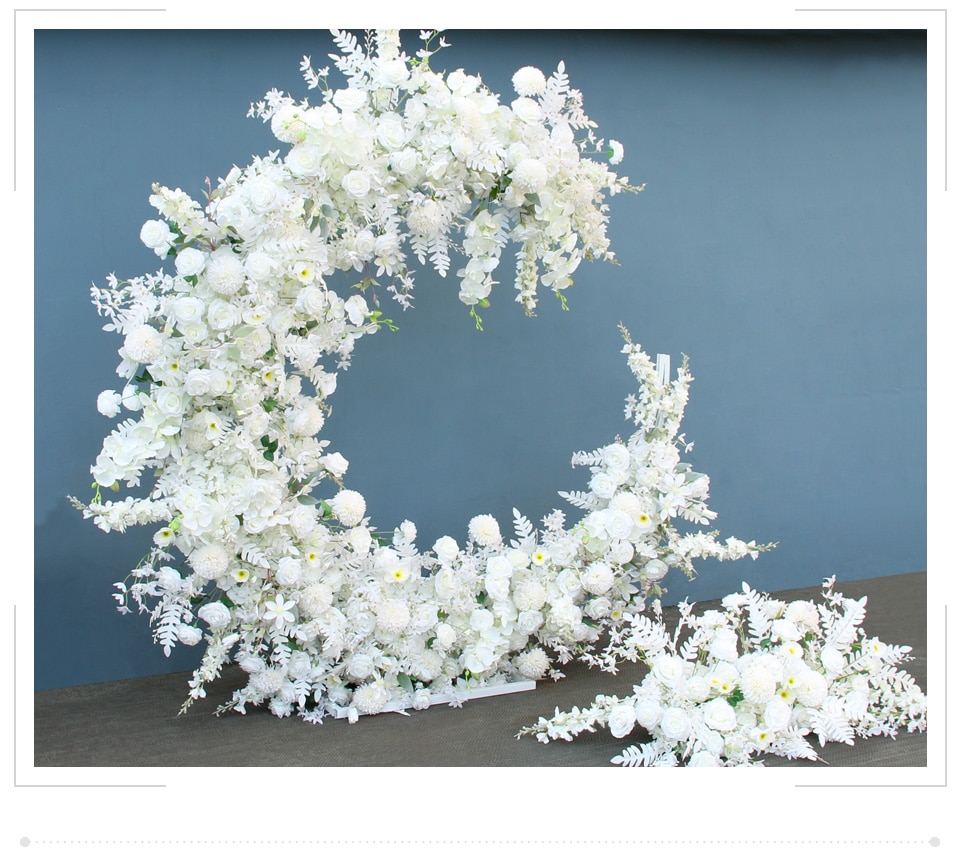



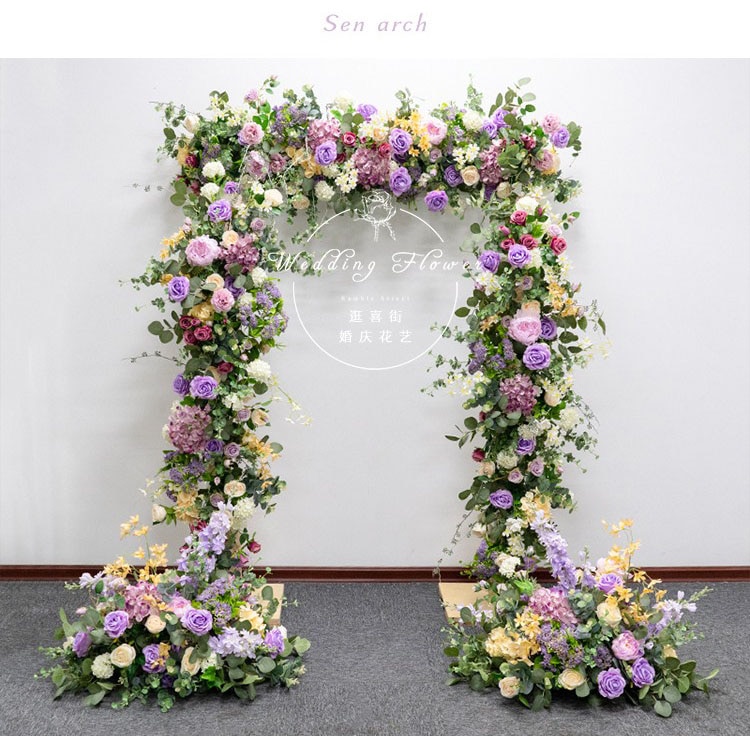
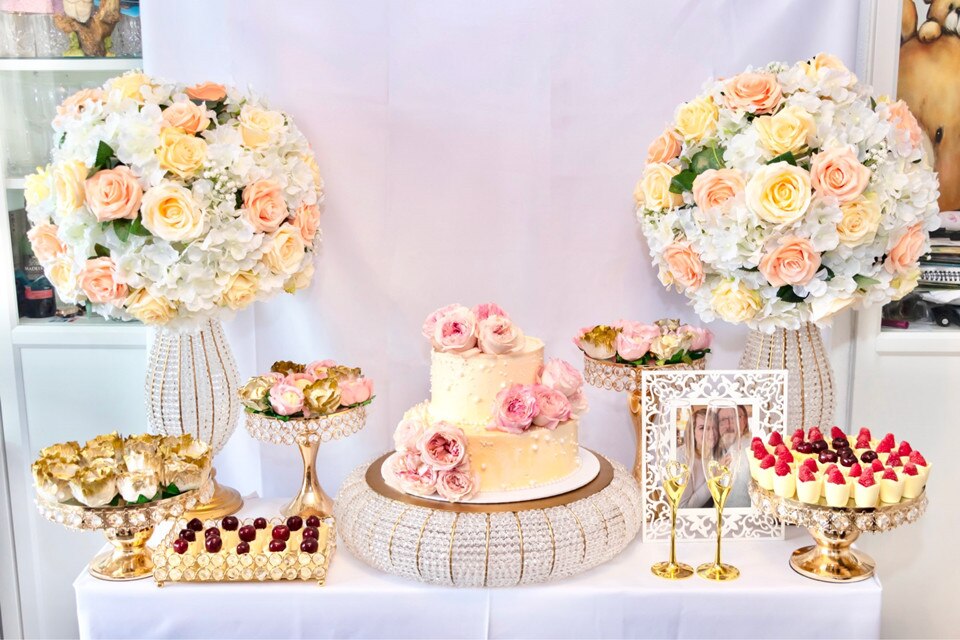

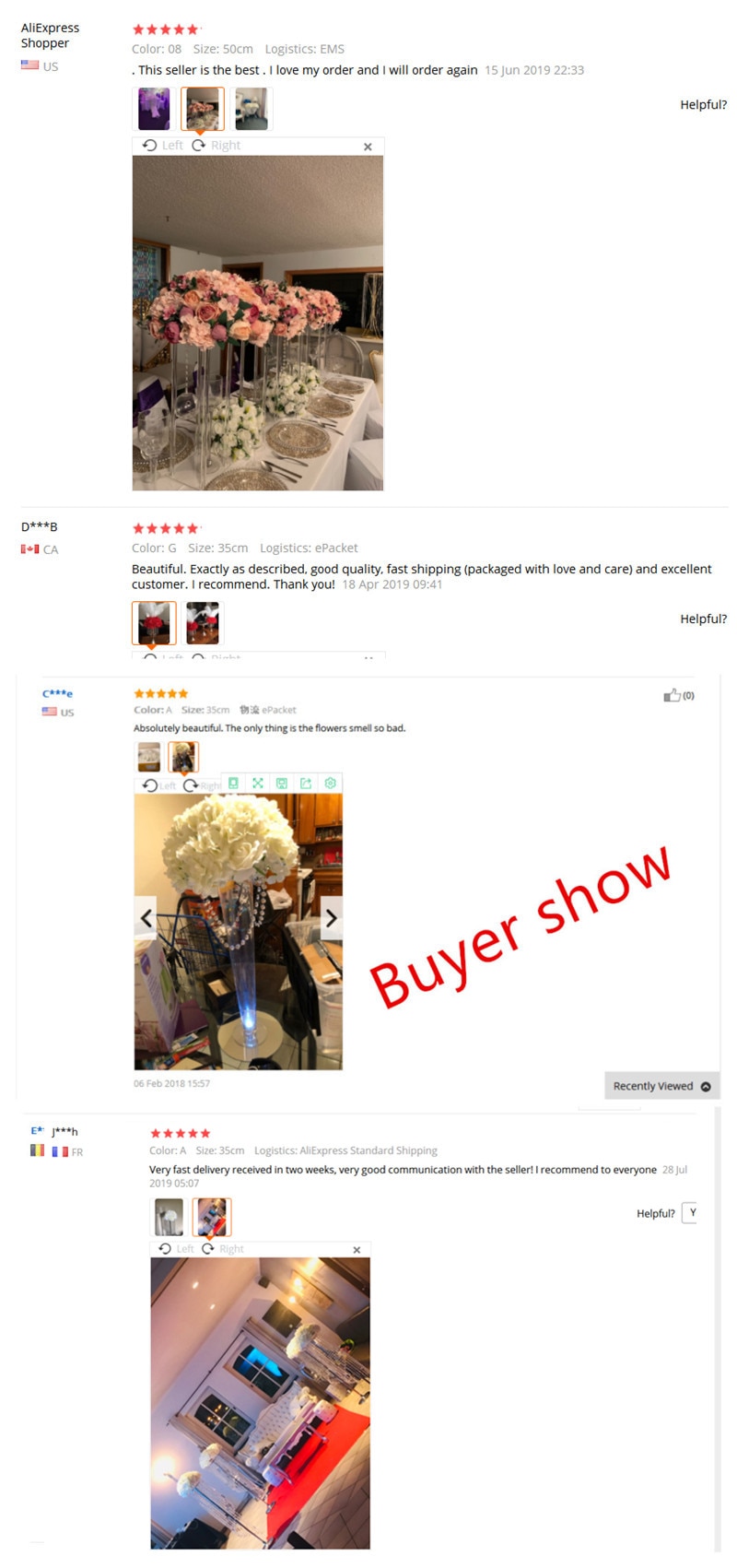
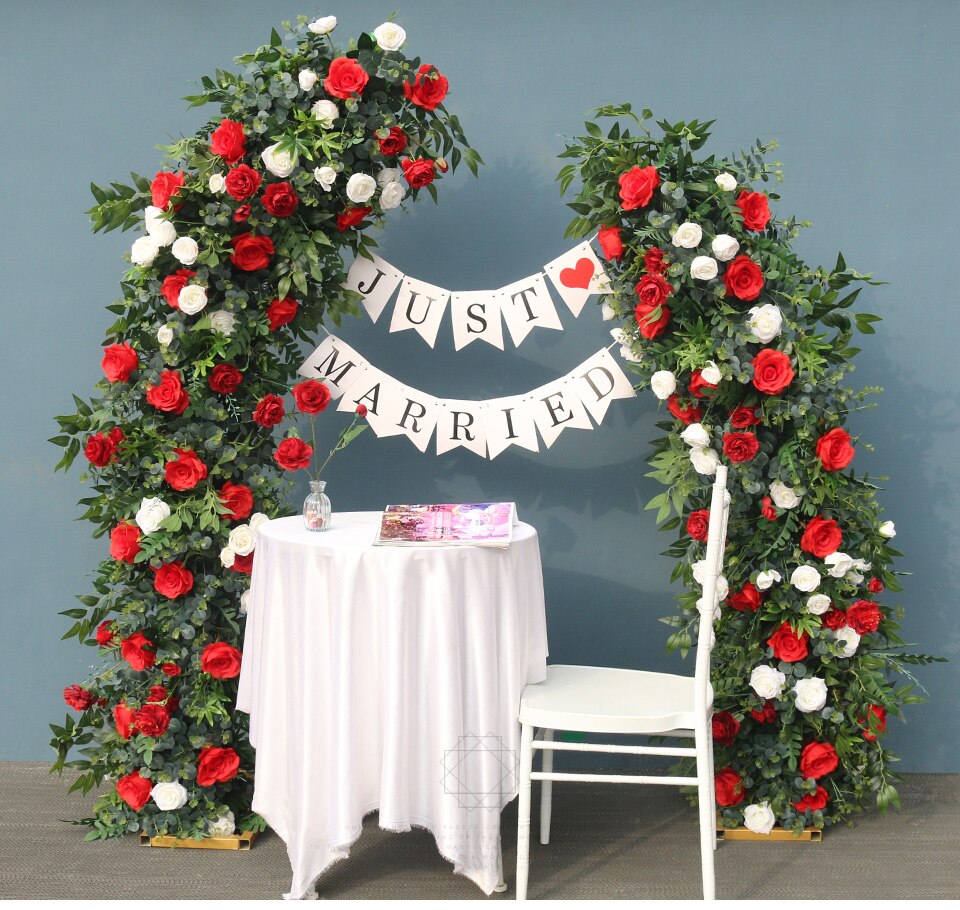
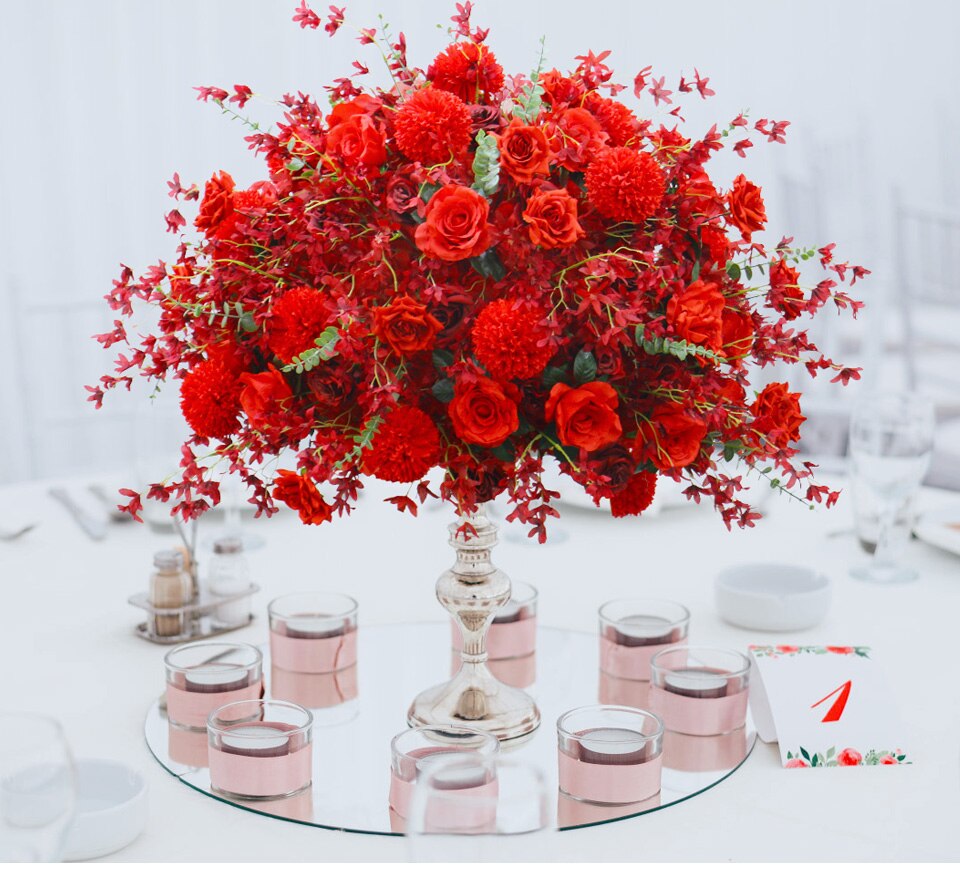
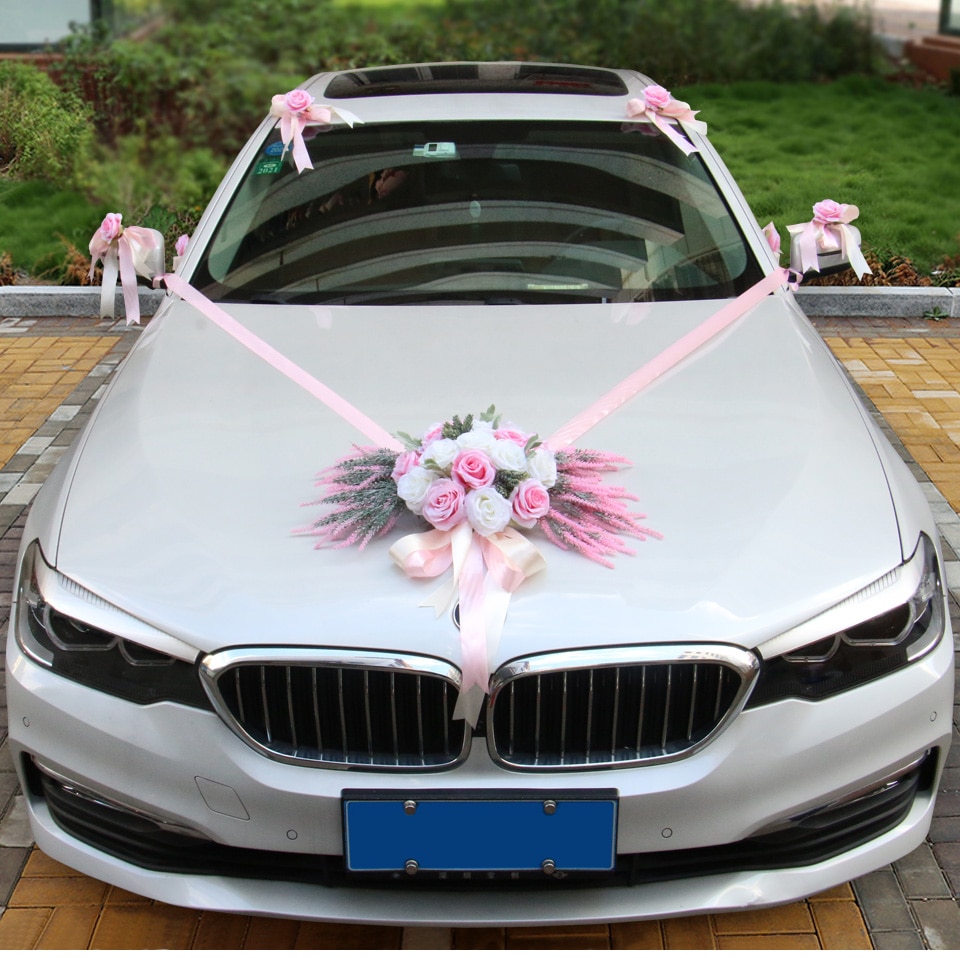
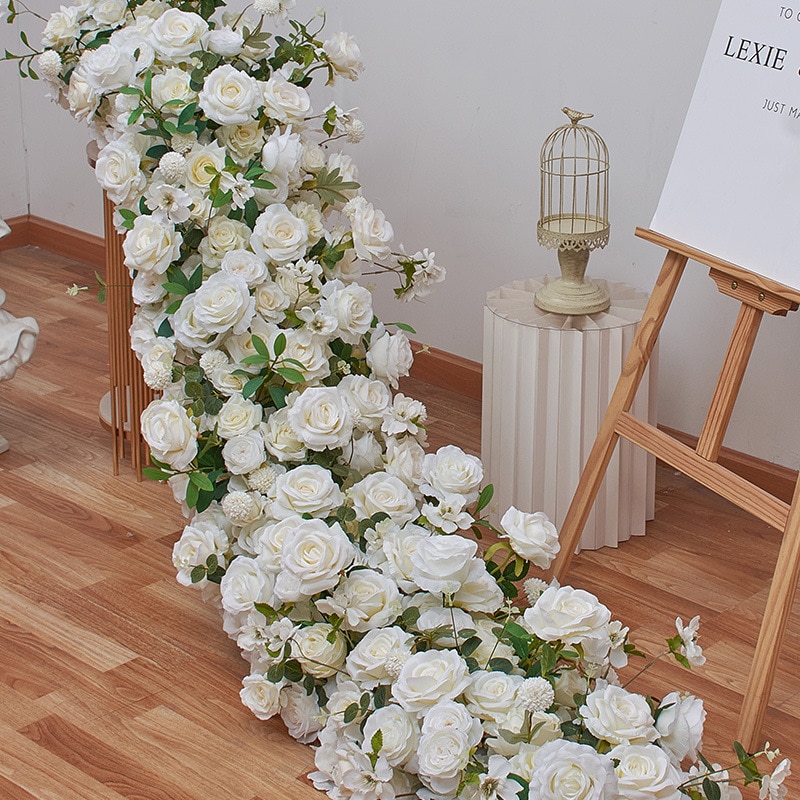
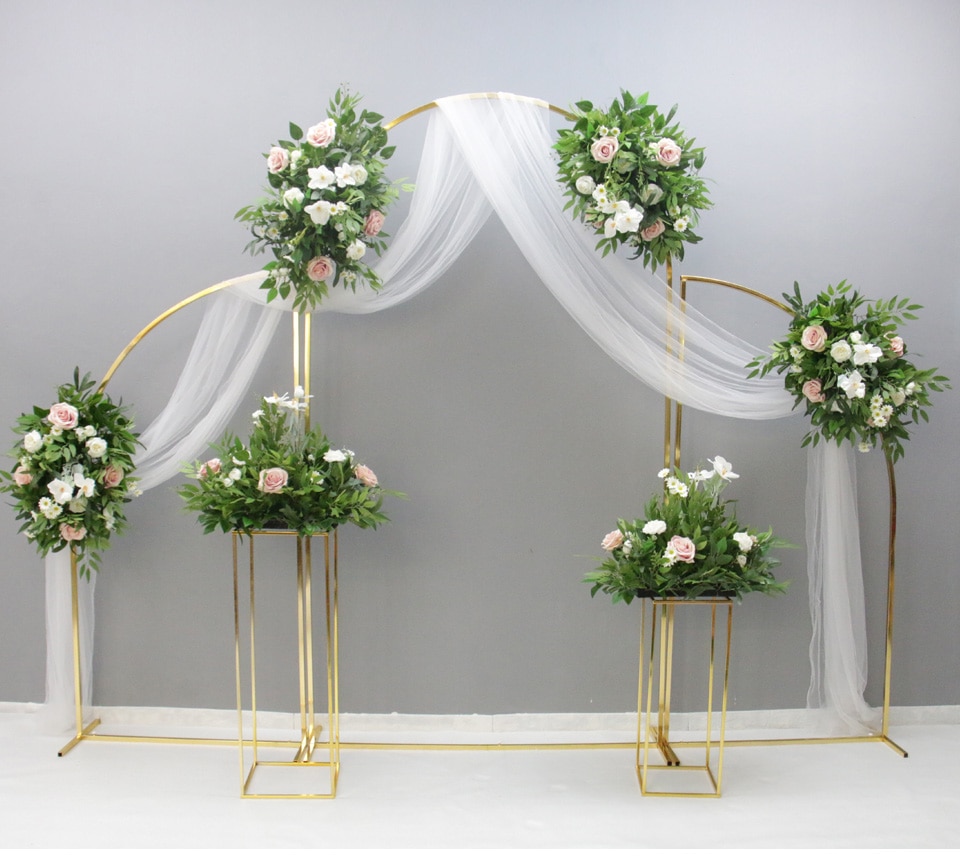
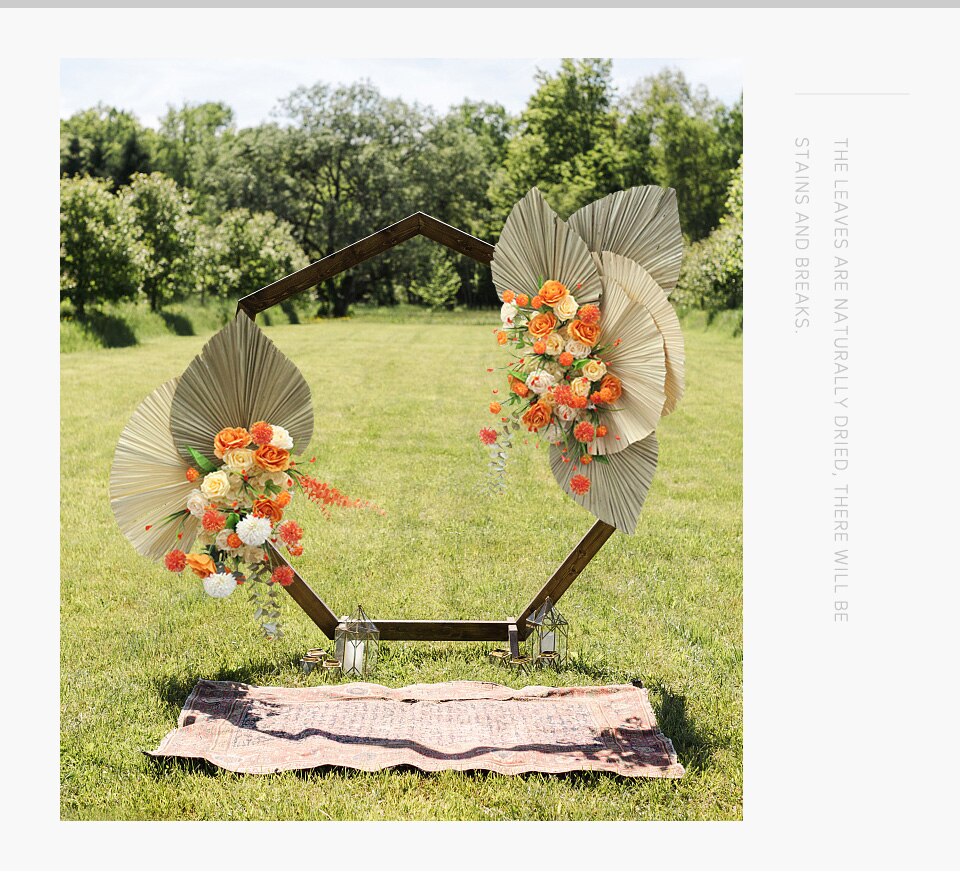

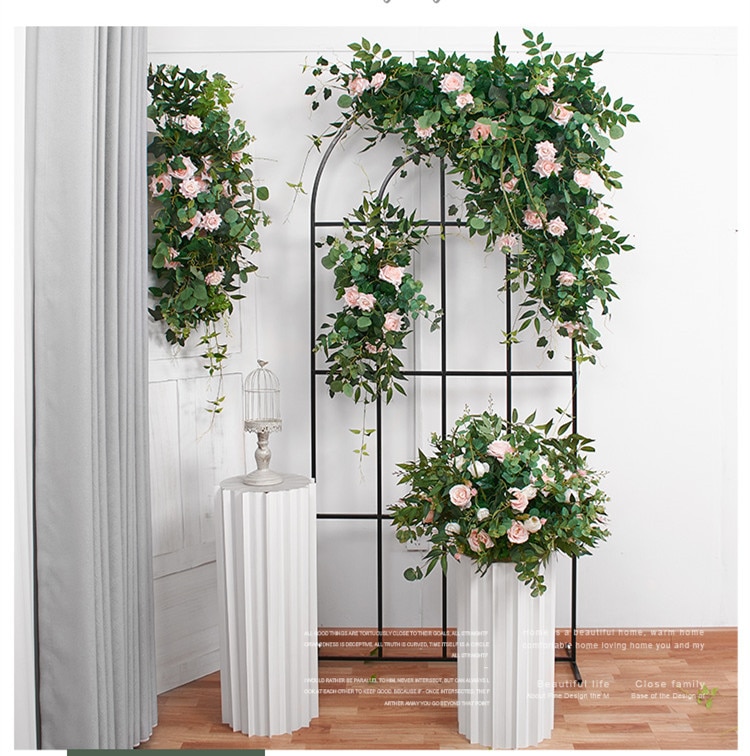
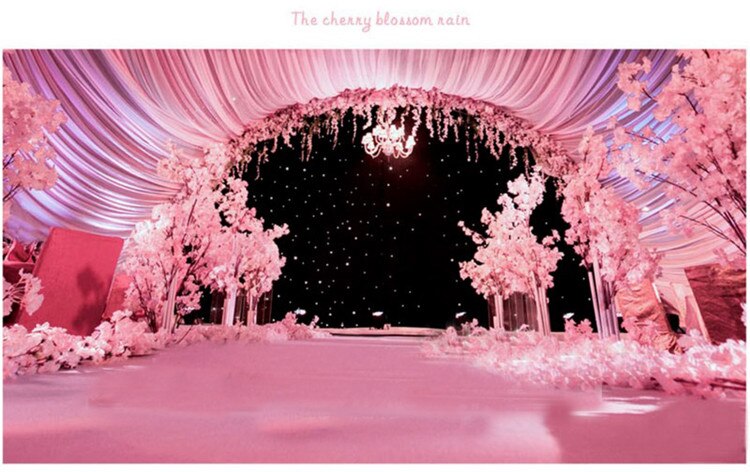
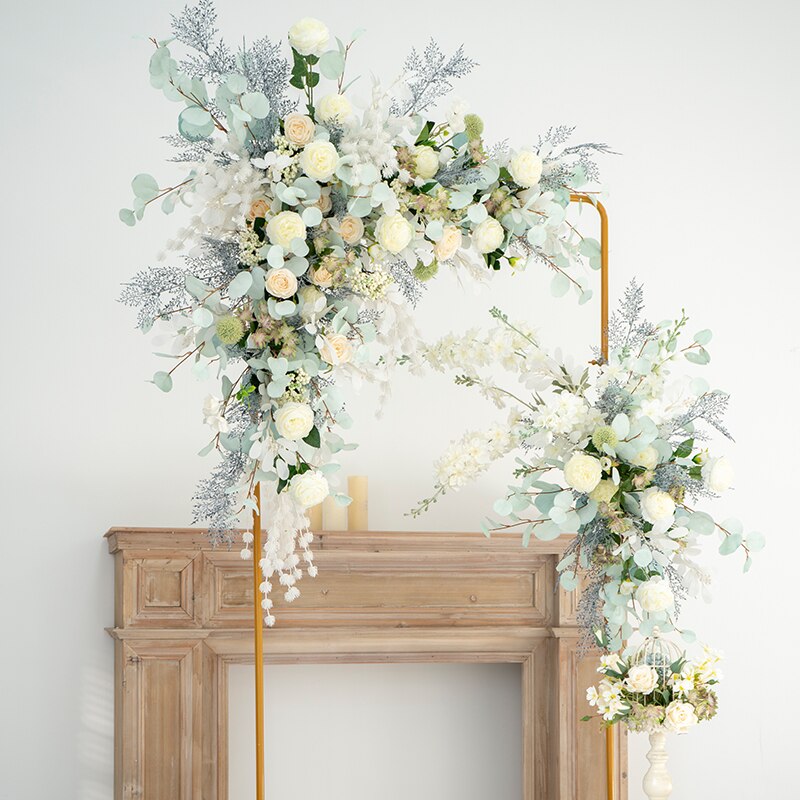


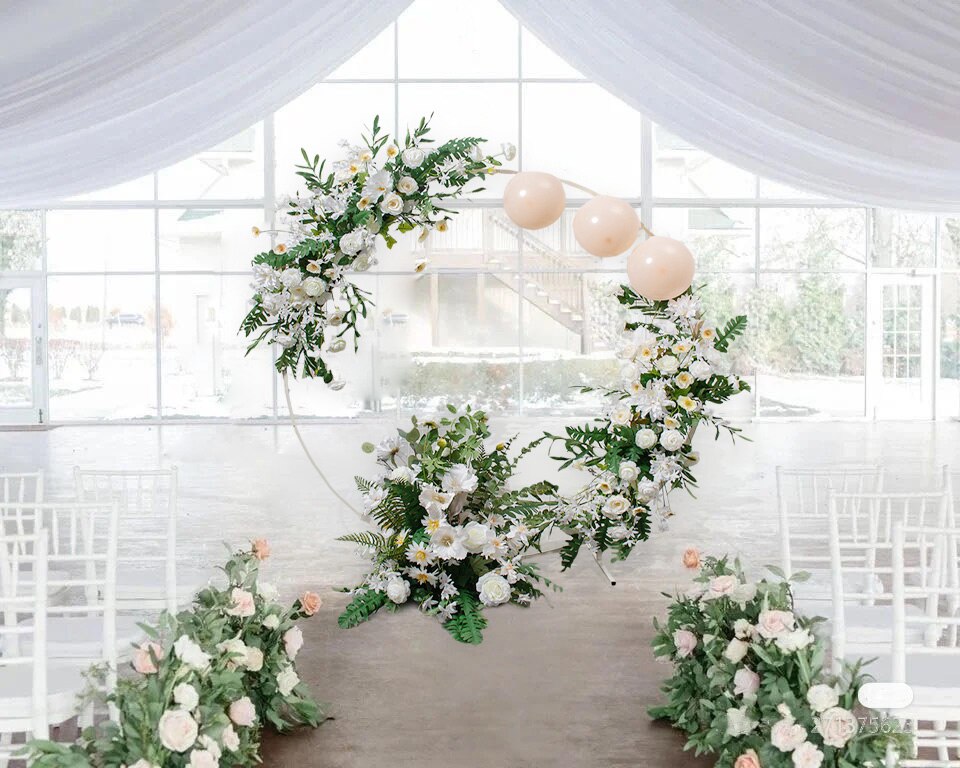

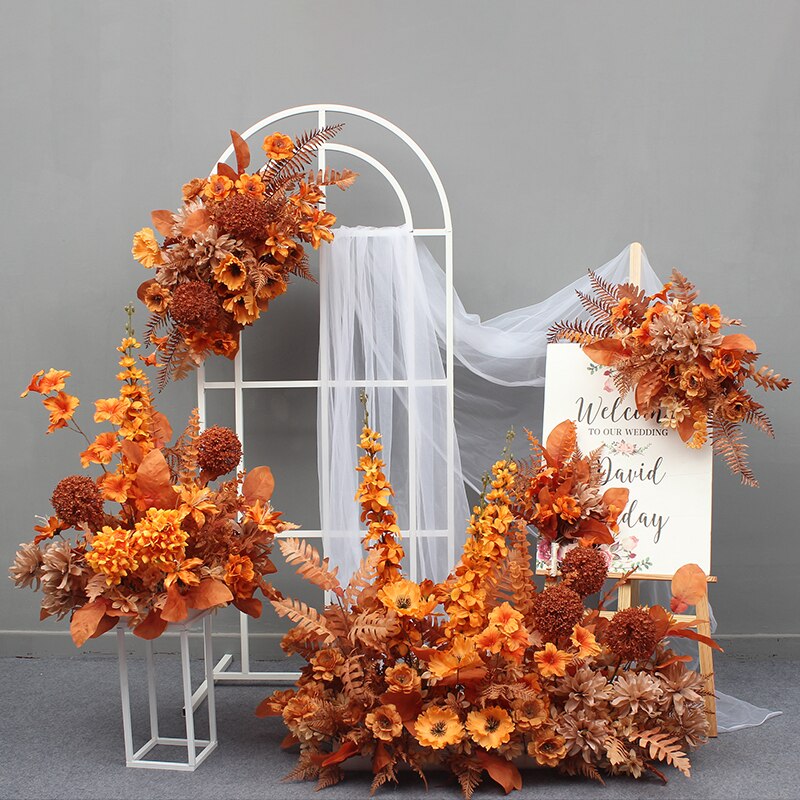
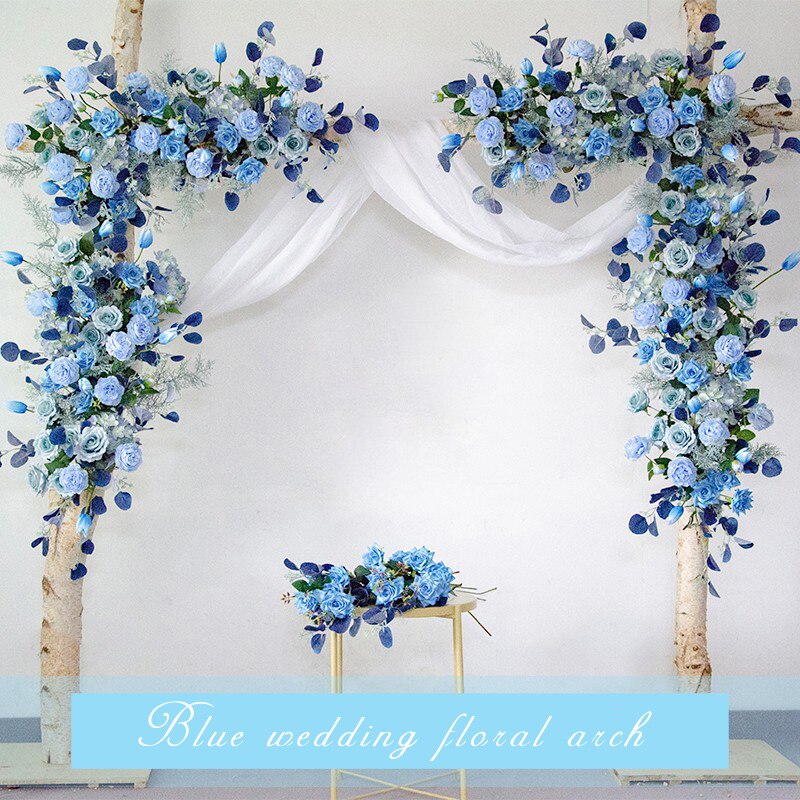




















Leave your comment